Yesterday, on Valentines Day, I spoke to the Texas House Appropriations Committee to encourage them to continue to fund the Texas Department of Assistive and Rehabilitative Services to help to provide rehabilitative services as well as to provide interpreters for the deaf, and assistance to help with early childhood developmental difficulties. After hearing many tearjerkers it was my turn to speak. This is my short testimony:
“Members of the Texas House Appropriations Committee, my name is Cavin Balaster. You heard from my amazing mother earlier today. Isn’t she incredible? I am a brain injury survivor who was diagnosed with a Diffuse Axonal Injury (DAI). 90% of people with this injury never wake from a coma, and of the few that do, most are in a vegetative state.
I am very fortunate and I am deeply indebted to the Texas State legislature for their funding of DARS. So I want to thank you all.
When I entered the DARS CRS program last year, my hand was in such a position where it was as if my left fingers were attempting to touch my left forearm. I additionally couldn’t walk, and I had only recently regained my ability to eat and talk. Through the DARS CRS funding, I was able to receive desperately needed therapies that made a huge difference in addressing my injuries and brain damage.
Research shows that early after a brain injury is the optimal window of time to make significant progress towards recovery. And through the therapies that were provided early on after the accident, I have been given the opportunity to get well enough to grasp the effects of my brain injury and move forward.
I am in the process of transitioning to The DARS’ VR program with the Mary Lee Foundation, and I feel great hope and optimism to regain sovereignty over my life and to not forever be dependent. I am especially hopeful for my future through the Mary Lee program for brain injury survivors to transition back to community living and employment.
When evaluating the program’s return on investment, I encourage the recognition of, not only the return on investment by bringing someone with disabilities to an independent state, thereby eliminating or reducing the potential for more extensive assistance from the state and federal government in the future, but the quality of life issue is also such a huge portion of the return on investment to so many as we have heard today.
Through the assistance, devotion, and hard work of so many people involved with the issues surrounding brain injury, I can now see a path forward where I become a contributing member to both society and to the Texas economy.
So I am respectfully asking that the state of Texas continue to support these services for families and survivors and to expand independent living center services. The benefits of these programs go far beyond just helping people with disabilities to rejoin the workforce, but these services change people’s lives and give people with disabilities and their family’s hope.
Thank you for your time and for allowing me to give my testimony today.”
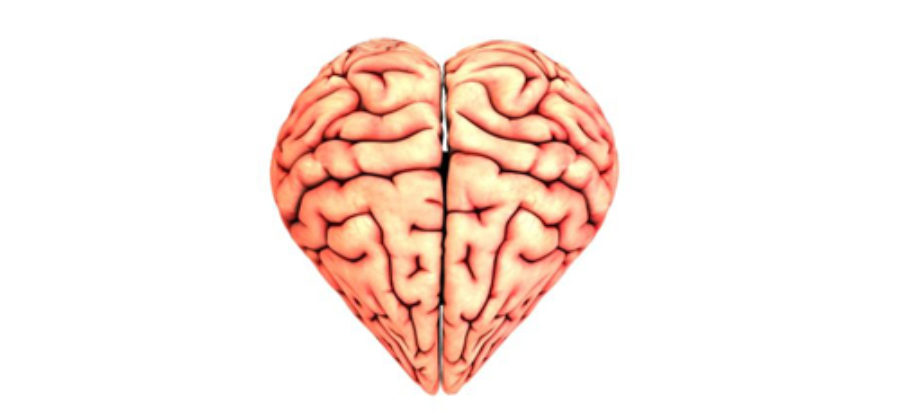
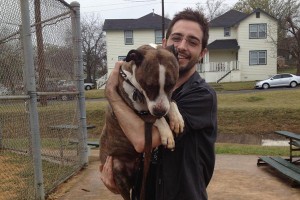

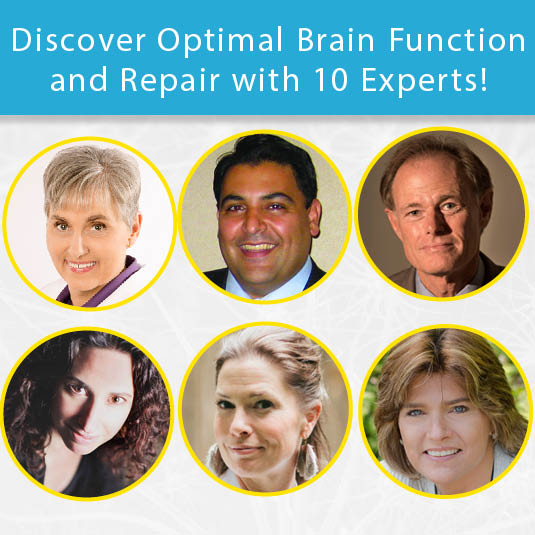
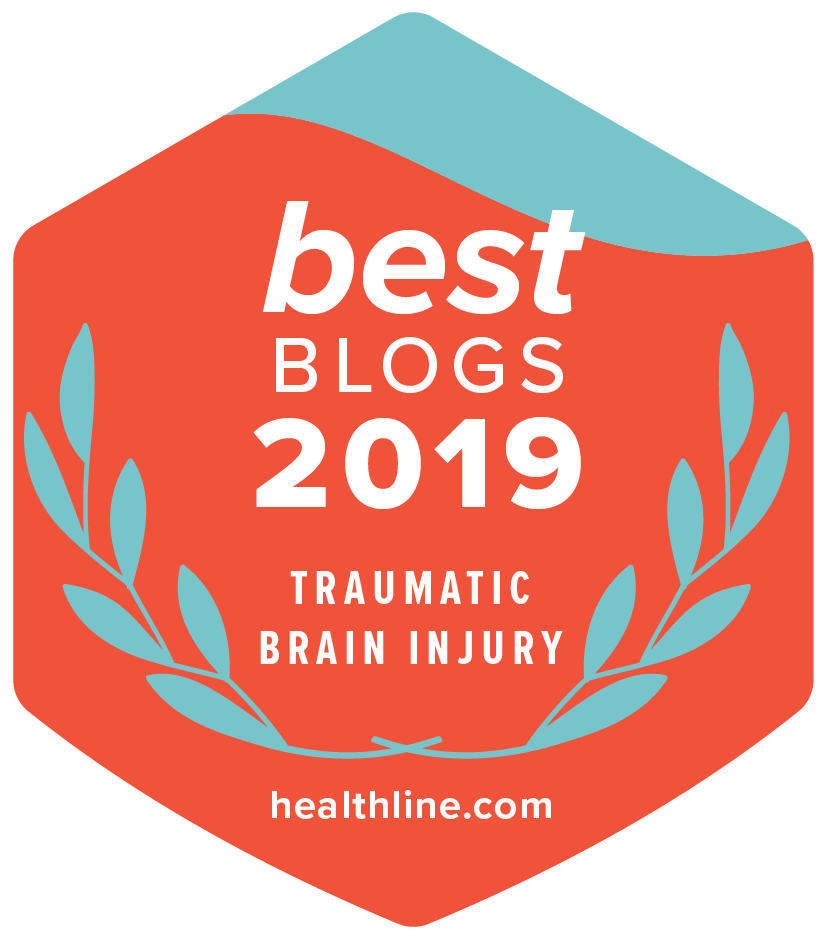
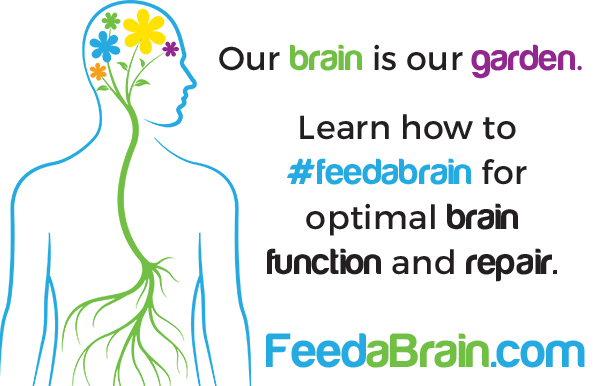
Leave a Reply
Your email is safe with us.